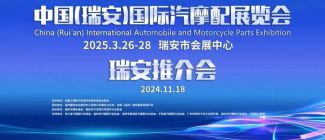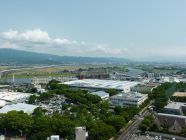"The withdrawal of Dongfeng Motor's shares is a good thing for Dongfeng Yueda Kia." An internal employee of Dongfeng Yueda Kia commented on the rumors of Dongfeng Motor Group's withdrawal from the joint venture Dongfeng Yueda Kia.
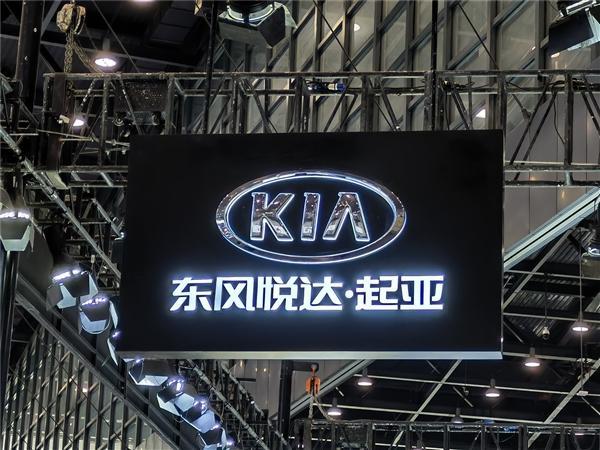
In addition to internal employees, recent public opinion is unanimously optimistic about the rumor. As a Korean automobile group that has been rushed to learn from by Chinese car companies, Kia has indeed had glorious moments in China.
But for 5 consecutive years of sluggish sales and huge losses, if Dongfeng Motor retires, can Dongfeng Yueda Kia really usher in a rebirth?
was dragged down by the joint venture
The above-mentioned internal employees have summarized two changes after the withdrawal of Dongfeng Motor Group. One is that the introduction of Kia Motors' global resources will be smoother, and the other is that the joint venture will reduce the internal consumption of the three-party shareholder management.
These two items seem to be logical and consistent with many opinions in the industry, but when you think about it carefully, they are not the case.
Many opinions in the industry believe that the internal friction caused by the tripartite joint venture is one of the reasons for the decline of Dongfeng Yueda Kia.
According to public information, Dongfeng Yueda Kia is jointly established by Dongfeng Motor, Jiangsu Yueda Investment Co., Ltd. ("Yueda"), and South Korea Kia Motors Co., Ltd. ("Kia"). The shareholding ratios of the three parties are respectively 25%, 25% and 50%.
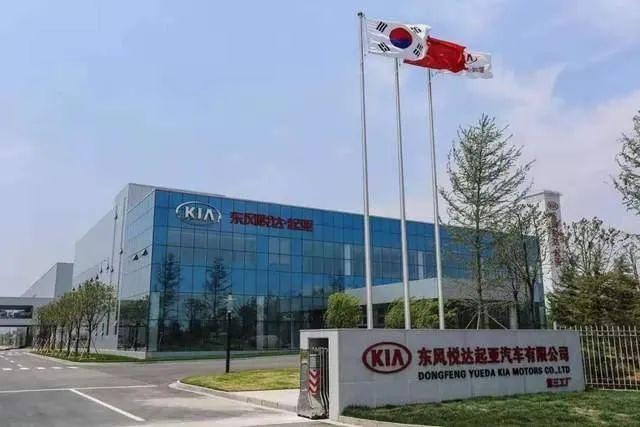
According to internal staff, in the past, Dongfeng Yueda Kia’s decision-making required the approval of the senior executives sent by the three shareholders before they could be implemented. Therefore, this brings serious internal consumption to the operation.
However, it can be seen from the equity distribution that both Dongfeng Motor and Yueda have a share ratio of 25%, and Kia’s share ratio is 50%. Obviously, Kia has a greater right to speak internally. It can also be seen from past internal personnel news that South Korea has an absolute right to speak in product launches.
According to various sources of information, Dongfeng Motor's joint venture business is mainly involved in production, quality and internal process control. Dongfeng Motor does not participate in product planning, product development and procurement systems directly related to operating results.
Therefore, for Dongfeng Yueda Kia, which has three shareholders, the competition for the right to speak is not necessarily more fierce than that of a joint venture between Chinese and foreign parties.
According to media reports, after Dongfeng Motor retreats, Kia’s share of the joint venture will increase to 75%. Compared with the tripartite joint venture, the new shareholding structure will indeed improve the management efficiency of the joint venture company, but this does not represent the decline of Dongfeng Yueda Kia, which can be reversed.

As we all know, Korean automakers are obviously lagging behind in the introduction of new products and new technologies in domestic production, compared with German and Japanese automakers. Not only Kia, including Hyundai brands, have not paid attention to and met the needs of Chinese consumers in recent years.
Public data shows that Hyundai-Kia Motors Group sold 6.35 million vehicles globally last year, ranking fourth. South Korea’s domestic market accounted for 20%, and the remaining 80% were sold to overseas markets. Among them, only 750,000 vehicles were sold in China, accounting for 11.8% of the Hyundai Motor Group's total sales, which is not commensurate with its fourth place in the world, and even inferior to the Korean domestic market.
In the past, Hyundai-Kia Motors Group set a record of one million vehicles sold annually in China, but the rapid decline in recent years may be the root cause of South Korea’s strategy and management not adapting to the changes in the Chinese market, so South Korea increased its shareholding ratio. This will not change much.
Insufficient determination to localize
The sense of existence is getting lower and lower, can it recover? It has always been the focus of questions about Korean cars in recent years. This time, if the rumors are true, Dongfeng Motor will withdraw its shares, and Kia, which has the power, can really reverse the situation?
The steadily retreating in the Chinese market in the past five years has already made Hyundai-Kia Motors Group feel a crisis and have gradually paid attention to the Chinese market. For example, Hyundai-Kia Motors Group established a R&D center in Yantai, China in 2013, established a China Big Data Center in Guizhou in 2017, and settled the China Foresight Digital R&D Center in Shanghai in October this year.
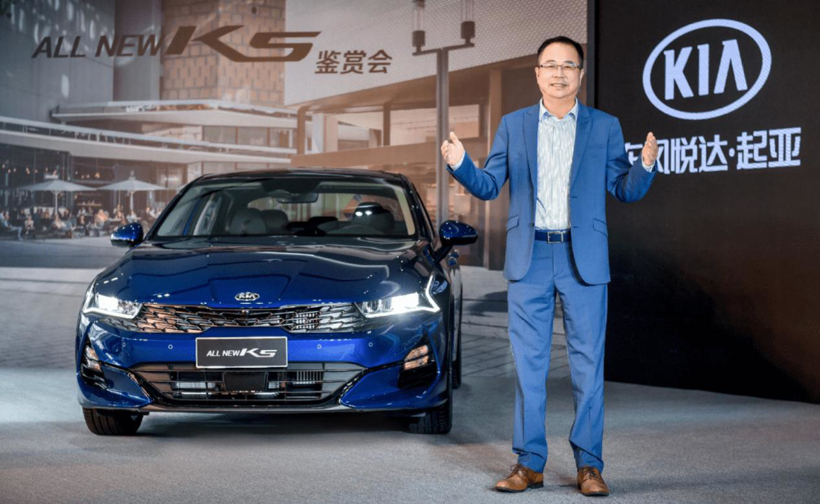
In addition to the localization of technology and R&D, Hyundai Kia has also tried in management. In September 2019, Li Feng became the first Chinese CEO of Dongfeng Yueda Kia, which is considered to be the performance of Hyundai-Kia Automobile Group's firm localization development. However, in just one year, Li Feng was transferred and his position was replaced by a Korean again.
Dongfeng Yueda Kia’s annual sales volume of 249,000 vehicles in 2020 during the short period of Li Feng’s leadership has maintained a positive year-on-year growth for several consecutive months. In addition, revenue in 2020 will increase by 2.6% year-on-year, and profitability will be greatly improved. At the same time, the average unit price of the model reached 128,700 yuan, an increase of 21,000 yuan year-on-year.
Data shows that when Li Feng was transferred in March this year, Dongfeng Yueda Kia’s sales in the first quarter of this year fell only 4.4% year-on-year. In the first three quarters of this year, Dongfeng Yueda Kia’s sales fell 35% year-on-year, and the decline was significantly expanded.
The change in management has not only caused the outside world to question Hyundai and Kia Motors' determination to localize talents again. After Li Feng was transferred, the sales of Dongfeng Yueda Kia fell sharply again, which also proved the negative impact of personnel changes on performance.
Kia’s "high-end" dream
"In the future, Dongfeng Yueda Kia will no longer launch models of less than 100,000 yuan." This is the sentence that Dongfeng Yueda Kia reformed the most deeply felt by the outside world when Li Feng was in office.
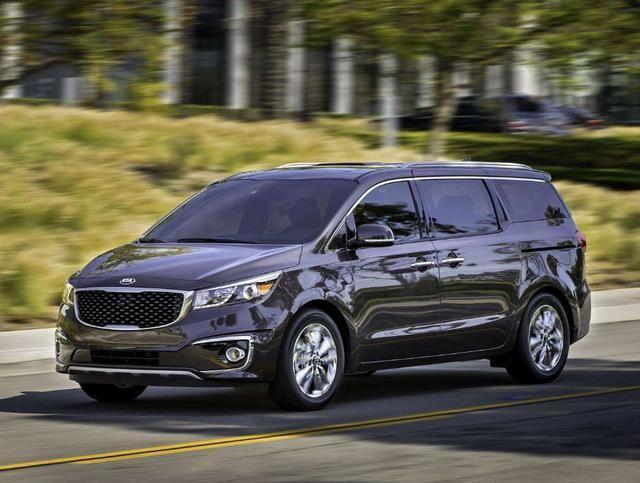
In the past, Korean cars have overcome difficulties in the Chinese market with their cost-effective advantages. Nowadays, the market share of the low-end market is shrinking year by year, the sales volume of the luxury car market has risen against the trend, and the consumption upgrade has accelerated the elimination of the low-end market. In order to reverse the decline of Dongfeng Yueda Kia, Hyundai-Kia Motors also formally proposed a "high-end" strategy at the beginning of this year.
At this year's Chengdu Auto Show, Dongfeng Yueda Kia launched a new model Jiahua. When it was officially launched in September, the price range was 288,900 to 339,900. After K. Wah went public, "Why is K. Wah sold so expensive" has become a hot topic of discussion in various forums. Consumers’ heated discussion on K. Wah’s price reflects the market’s doubts about Dongfeng Yueda’s Kia brand’s premium ability. In addition, it is also consumers' disapproval of Dongfeng Yueda Kia’s Jiahua, which is classified as the same level as the hot Buick GL8 and GAC Toyota’s Saina.
Public data show that in September this year, Jia Wah sold 703 vehicles. The current short time to market does not show the market performance of Jia Wah.
However, the B-segment Kai Ku, which was launched in early September last year, was the first model of Dongfeng Yueda Kia’s transformation into a “high-end” model. Its sales in the month when it was launched exceeded 3,000 vehicles. But the good times didn't last long. With Li Feng's transfer, Kaiku's sales also declined rapidly. The monthly sales of more than 3,000 vehicles fell to 564 vehicles in September this year.
Ka Wah, as the first product launched after Li Feng’s successor took office, its subsequent market performance will not only prove the leadership of the new manager, but also the key to the success or failure of Hyundai-Kia’s “high-end” strategy.
After all, as the Dongfeng Yueda Kia whose sales continue to decline sharply, the market has left it with very limited opportunities for trial and error. The rumor that Dongfeng Motor will withdraw its shares and Kia will hold 75% of the joint venture company is true. In the future, Kia’s fate in the Chinese market will be completely in its own hands, and its life or death may only be the last game.
Notice on Holding the Rui'an Promotion Conference for the 2025 China (Rui'an) International Automobile and Motorcycle Parts Exhibition
On September 5th, we invite you to join us at the Wenzhou Auto Parts Exhibition on a journey to trace the origin of the Auto Parts City, as per the invitation from the purchaser!
Hot Booking | AAPEX 2024- Professional Exhibition Channel for Entering the North American Auto Parts Market
The wind is just right, Qianchuan Hui! Looking forward to working with you at the 2024 Wenzhou Auto Parts Exhibition and composing a new chapter!
Live up to Shaohua | Wenzhou Auto Parts Exhibition, these wonderful moments are worth remembering!
Bridgestone exits Russia and sells assets to S8 Capital
Free support line!
Email Support!
Working Days/Hours!
